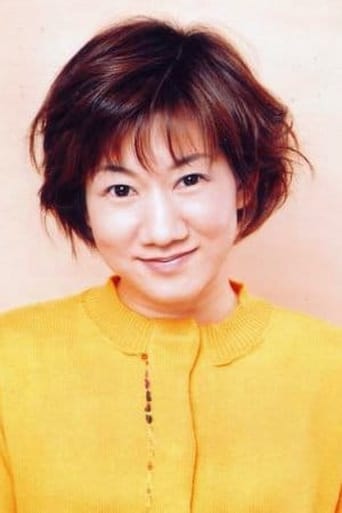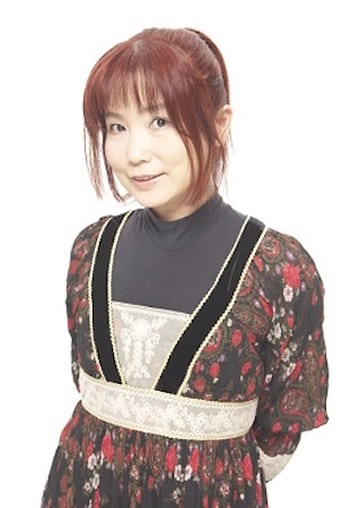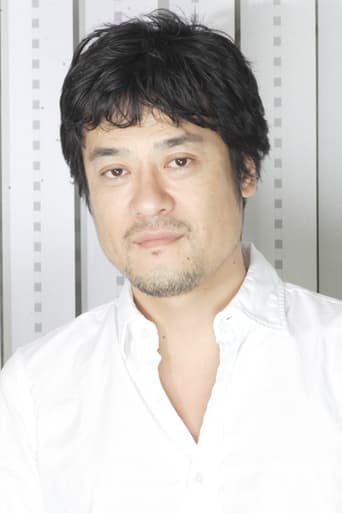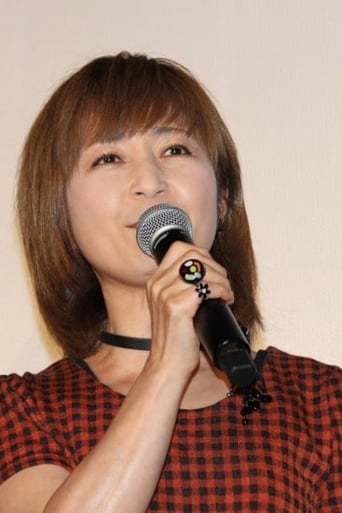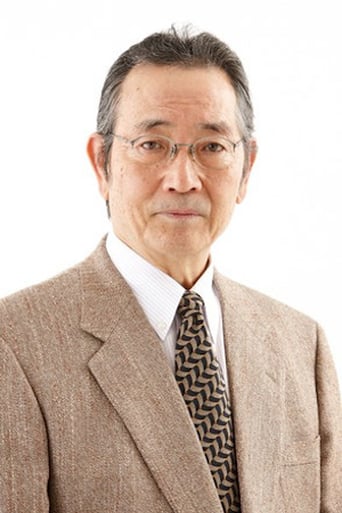RyothChatty
ridiculous rating
Stoutor
It's not great by any means, but it's a pretty good movie that didn't leave me filled with regret for investing time in it.
Rio Hayward
All of these films share one commonality, that being a kind of emotional center that humanizes a cast of monsters.
Arianna Moses
Let me be very fair here, this is not the best movie in my opinion. But, this movie is fun, it has purpose and is very enjoyable to watch.
evergreen-a-s-a-n-529
I saw this movie "Kureyon-Shinchan Arashi-Wo-Yobu! Moretsu ! Otona Teikoku no Gyakushu" 7 years ago. My first impression of this movie was that nostalgia is not always good.Wrong nostalgia is not nostalgia , but an escape from realities. And I felt that time cannot return and we must not be about to do it. The best scene I think is ... Shinnosuke calls back Hiroshi in the 20th century when Hiroshi starts to return the 21st century from the 20th century. Shinnosuke constantly says "You are my father! Let's go back with me!". And Shinnosuke makes him smell his shoe and says "Can you notice me?". Hiroshi says "...Yes..." with tears. This scene gave me goose flesh.So I want you to see this movie .
shinnosuke
If you want a movie that truly shows the that the good old days weren't always good, this is it. At around the 1:00:00 to 1:03:00 mark this is probably the best 3 minutes of cinema I have ever seen. This movie has a simple message, live for today. It has enough humor to keep the kids entertained and has a pretty good message to keep the adults engaged without being too preachy.I don't understand people that can't get into Shinchan, I truly believe the writers and the creator really created a gem here. What do the Simpsons, Family Guy and Shinchan have in common you ask? They all point out things in society that people take too seriously or make fun or point out what society in general has become and do so in a humorous way
cafe_pot
Nostalgia is hard for all to resist. It is because, despite everything sad and terrible which happened in the past, people are likely to remember only what are good and happy for them. Therefore, it is quite no wonder that, whenever people talk about their past, it is more often than not about the "good, old days," which is, simply put, nostalgic memory. This title of a series of "Crayon Shin-Chan" films describes very well what the "good, old days" there were when the Japanese lived in 1960s and 70s, and at the same time, how eager the 5-year-old boy Shin-Chan is to live, believing in his future and his family. "Yesterday Once More," the group to plot attract all grownups by appealing to their nostalgic memory, invents a huge Tokyo-tower like construction at the center of Saitama Prefecture, where Shin-Chan and his family live. All the grownups in the city are attracted to the construction's exhibitions imitating exactly the Expo '70 held in Japan. The leader of the group, Ken, denies the future, saying that the 21th century we are living now is not the same as one we expected in the 70s. Drived by disappointment of the present and the future, he insists on returning to the "good, old days" of Japan. More and more grownups abandon their life and leave children only to become kids again who are playing their nostalgic toys in the construction. Shin-Chan and his friends decide to get back their future and family out of the hands of "The Empire of Grownups" as Shin-Chan names "Yesterday Once More." The film is filled with nostalgic stuffs, so familiar to the Japanese more than 30 years old. It may be hard for non-Japanese viewers to understand, though I believe that people can share nostalgia, no matter how they are different from one another. And people can have more to share, when they see Chin-Chan's resolution to get back his future, because his belief in his possibility is so strong that it can impress all the viewers in the world. This five-year-old boy is powerful, cheerful and impressive!

